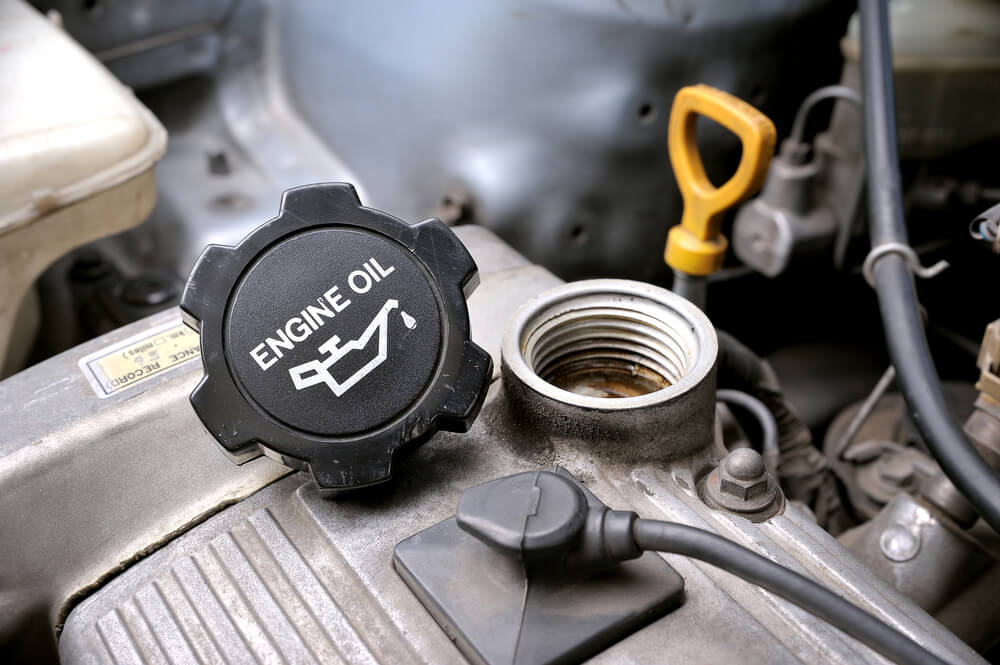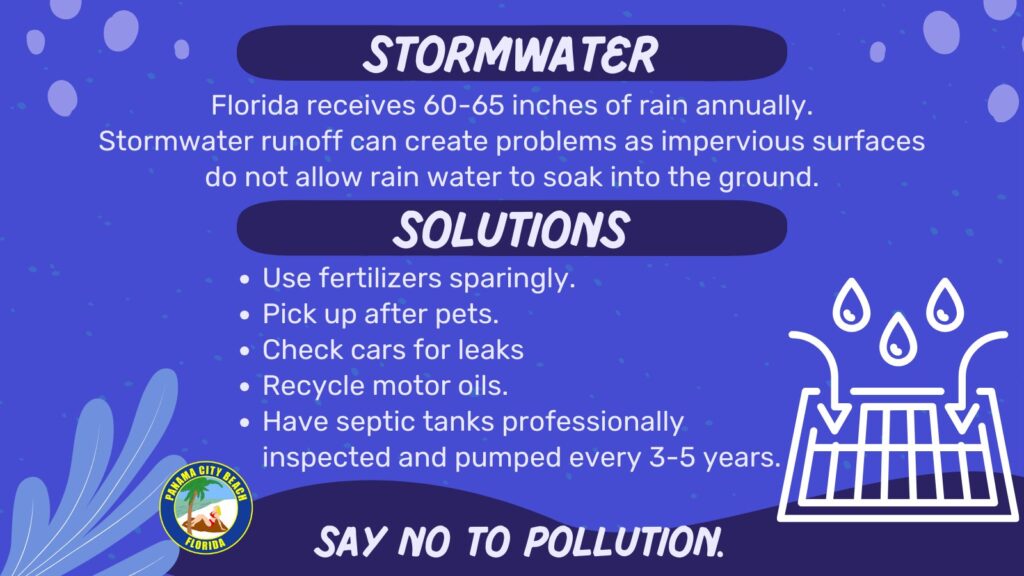Engine oil is a crucial component in the functioning of vehicles, but have you ever stopped to consider the impact it has on the environment? The way we use and dispose of engine oil can have significant consequences on the ecosystem. In this article, we will explore how engine oil affects the environment and what steps can be taken to minimize its negative effects.

Credit: oilcare.org.uk
1. Oil Leaks and Spills
One of the most direct ways engine oil affects the environment is through leaks and spills. When oil leaks from a vehicle onto roads or parking lots, it can eventually make its way into water bodies such as rivers and oceans. This can have devastating effects on aquatic life, as oil is toxic to many organisms and can disrupt ecosystems.
To prevent oil leaks, it is essential to regularly check and maintain your vehicle’s engine. By fixing any leaks promptly, you can help reduce the amount of oil that enters the environment.
2. Air Pollution
Another way engine oil impacts the environment is through air pollution. When engine oil is burned, either through combustion in the engine or improper disposal methods, it releases harmful pollutants into the air. These pollutants can contribute to air quality issues and have adverse effects on human health.
To reduce air pollution from engine oil, it is crucial to properly recycle and dispose of used oil. Many automotive shops and recycling centers accept used oil for recycling, preventing it from being burned or improperly disposed of.
3. Soil Contamination
Improper disposal of engine oil can also lead to soil contamination. When oil is dumped onto the ground or seeps into the soil, it can contaminate the soil and affect plant growth. This can have far-reaching consequences on ecosystems and agricultural areas.
To prevent soil contamination from engine oil, it is essential to recycle used oil or dispose of it properly at designated facilities. Avoid dumping oil on the ground or in drains, as this can lead to long-term environmental damage.

Credit: www.minit-tune.com
4. Impact on Wildlife
The impact of engine oil on wildlife is significant. When oil enters water bodies or soil, it can harm a wide range of organisms, from fish and birds to insects and plants. Oil can coat animals’ fur or feathers, making it difficult for them to regulate their body temperature and leading to health issues.
To protect wildlife from the effects of engine oil, it is crucial to prevent leaks and spills, properly dispose of used oil, and minimize the use of fossil fuels whenever possible. By taking these steps, we can help safeguard the well-being of wildlife and ecosystems.
5. Long-Term Effects
The long-term effects of engine oil on the environment can be severe. Oil pollution can persist in the environment for years, affecting ecosystems and human health. It can also have economic consequences, such as impacting industries like fishing and tourism.
To mitigate the long-term effects of engine oil, it is essential to adopt sustainable practices when it comes to using and disposing of oil. This includes using eco-friendly oil products, recycling used oil, and supporting policies that promote environmental conservation.
Conclusion
Engine oil plays a crucial role in the functioning of vehicles, but it also has significant implications for the environment. From oil leaks and spills to air pollution and soil contamination, the impact of engine oil on the ecosystem is far-reaching. By taking proactive steps to prevent leaks, properly dispose of used oil, and reduce our reliance on fossil fuels, we can help minimize the negative effects of engine oil on the environment.
It is essential for individuals, businesses, and policymakers to work together to implement sustainable practices that protect the environment and preserve our natural resources for future generations.


